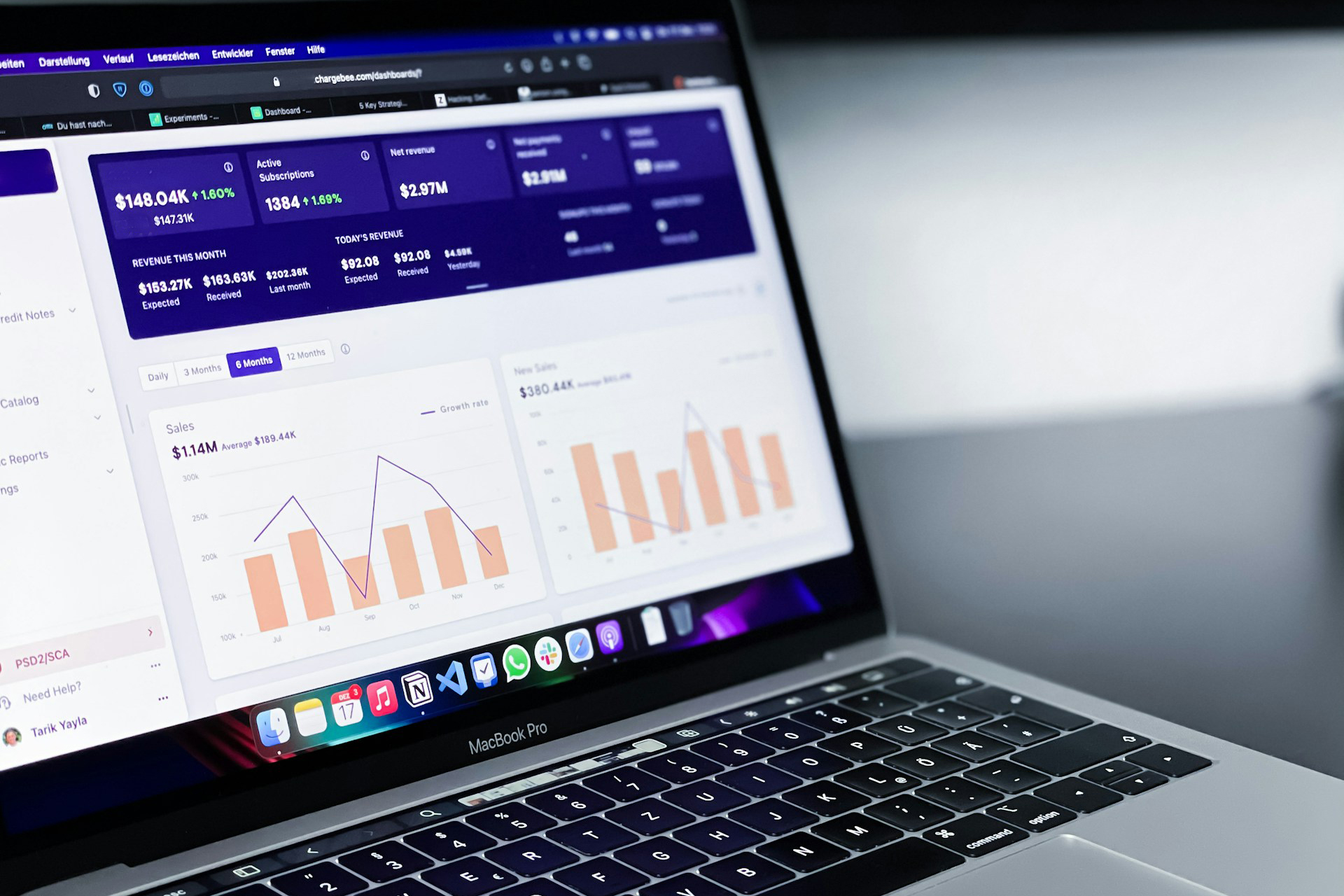Your business has all sorts of expenses: recurring, ad-hoc, expected, unexpected, and, in some cases, urgent. At the same time, you have to protect not only your business’s finances but also your employees’. Poor financial management can take its toll on your employees and ultimately have a detrimental impact on your business. So how do you keep your business finances straight?
A good starting point is to have separate bank accounts for your personal and business finances. Otherwise, you might lose sight of your cash flow. It’s best to open different types of business bank accounts, each of which must serve a different purpose. Keeping separate bank accounts for business offers greater visibility, which will make your job a lot easier when you revisit your financial goals. In this post, we’ll discuss 5 must-have types of bank accounts that will help you organize your business and keep track of your cash flow.
1. Operational expenses
This one is among the most important types of bank accounts. Expense management is vital for the financial well-being of your business. However, you can’t manage your finances successfully without opening a bank account for operational expenses.
In this account, you’ll gather money for all the ongoing expenses that your business normally has. It’s money you’ll need for your company’s day-to-day operations, like utility bills and office supplies or even travel expenses. We know that expense management is tedious. But using a tool like Elorus will simplify the process and help you keep your expenses under control.
2. Marketing resources
You can’t attract new clients and retain existing ones unless you have a solid marketing strategy. Depending on your target market, you may need to advertise on different media or use several marketing approaches. Therefore, your marketing resources deserve a generous percentage of your budget and a separate bank account.
Here you can keep the money you’ll use on traditional advertising methods, like brochures and business cards. Of course, the real money-drainer (and, most importantly, game-changer) will be your SEO and social media campaigns. They are the main reason why you’re opening this account. The cost is significantly higher, but the ROI of traditional and digital marketing can’t be compared. It’s money well spent, so we advise you to be prepared financially.
3. Budget for taxes
This type of bank account is a necessary evil. Because as an entrepreneur, you’re responsible for paying your own taxes. Thumbs up if 30% of your monthly revenue ends up in your taxes account. But since tax legislation can get complicated, consult a trusted accountant. They’ll make a more accurate estimation of how much you’ll pay, so you can manage your budget accordingly. They can also help you out by informing you about tax deductions that you are eligible for. If you end up with extra money in that account, keep it for next year. You never know when the next tax legislation might hit you, or how.
4. Emergency savings
When we were kids, we were taught to save money for a rainy day. Even if we were only 10 and we had our parents to count on – and not much to lose anyway. Why do any different now that you’re running a business? Being proactive will save your business when an emergency occurs. It will also come in handy when business is slow.
Unsurprisingly, insufficient cash flow is the number one reason why businesses fail, with SMBs being particularly susceptible to that. With speculations of a forthcoming recession, you need to rethink your finances and business practices. Opening a liquid savings account is a small part of the plan, but it’s still important. Business savings accounts will keep your money safe and pay interest each month. Just make sure to open a savings account with low withdrawal fees, as these types of bank accounts usually require you to keep the funds untouched for a certain period of time.
5. Capital for investment
Let’s end on a happy note. This account will be your favorite because it will be dedicated to your plans for expansion and success. Each time you add money to it, you’ll know that it can skyrocket you to the top when things are prosperous. Like a positive visualization practice of some sort to keep you on track and energized.
If you have a clear goal in mind, like buying new office equipment or opening a new store, this account is a good first step towards it. It’s important to separate it from a savings account, as you might get tempted to spend that money elsewhere. But even if you don’t have any specific plans, it still pays (pun intended) to have a separate bank account for unexpected opportunities for growth. Opportunity knocks only once, they say. You shouldn’t have to close the door on it because you lacked the vision.
Opening your business bank accounts starts with finding the right bank. In most banks, small business and start-up bank accounts come with multiple perks, e.g., mentoring and lower fees, to help you kickstart your business. Details like a good mobile experience, bookkeeping integration, and proximity of brick-and-mortar branches should not be overlooked. Search all the options available to find the right brick-and-mortar or online bank that will best accommodate your business needs, and get rolling! So, keep your business finances organized and start visualizing your future success.






